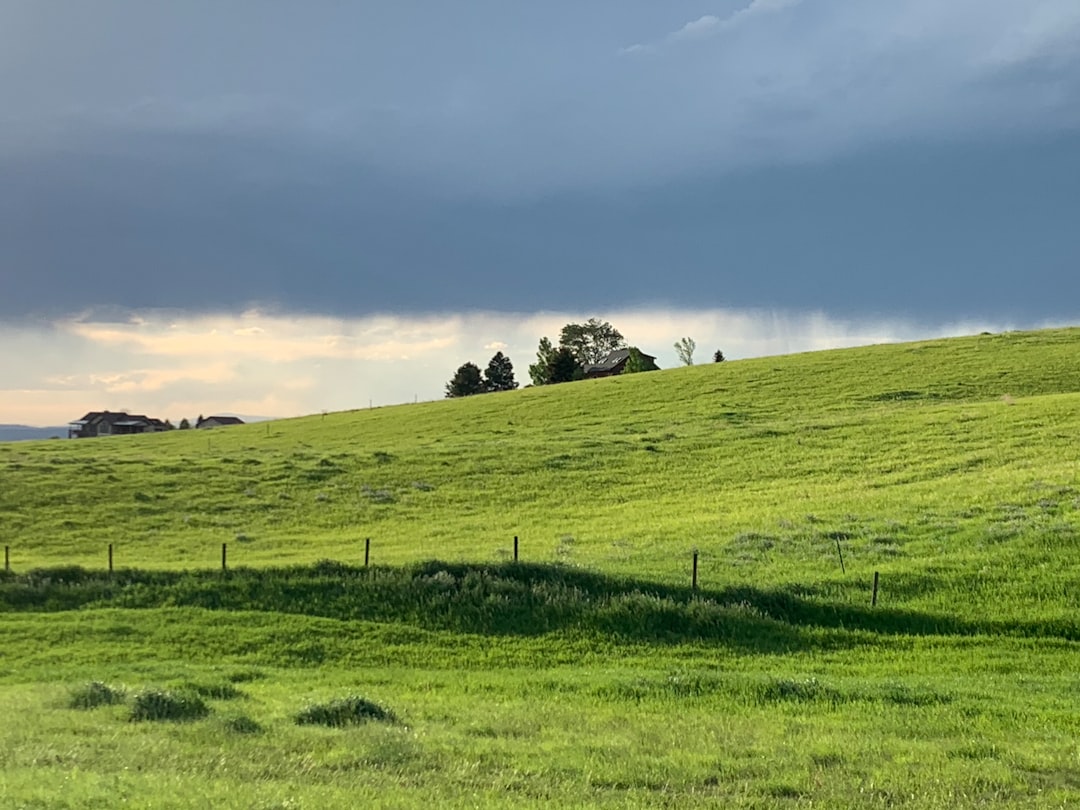In Montana, both state and federal laws protect consumers from unwanted telemarketing calls. Residents can register their numbers on the "Do Not Call" list and seek legal assistance from specialized do not call lawyers or law firms to ensure compliance and advocate for consumer rights. In Great Falls, engage with local consumer rights advocacy groups, organize meetings, workshops, and use media platforms to amplify efforts against intrusive telemarketing practices. Collaborating with these groups can lead to stricter regulations and a reduction in unwanted calls.
In Great Falls, Montana, navigating telemarketing regulations requires a strategic approach. This article guides you through the process of collaborating with local advocacy groups to address this pressing issue. From understanding the legal perspective on telemarketing in Montana to identifying and engaging relevant advocacy organizations, we offer practical strategies for effective collaboration. Learn how to build a unified front, navigate do-not-call lists, and leverage consumer protection laws with the help of a do not call lawyer or do not call attorney from a reputable do not call law firm in Montana.
Understanding Telemarketing Regulations in Montana: A Legal Perspective

In Montana, including the vibrant city of Great Falls, telemarketing practices are governed by both state and federal laws designed to protect consumers from unwanted calls. Understanding these regulations is crucial when collaborating with local advocacy groups to address the issue. The Telephone Consumer Protection Act (TCPA), a federal law, sets strict guidelines for telemarketers, including restrictions on automated or prerecorded calls without prior explicit consent.
State-level protection includes Montana’s own Do Not Call laws, which allow residents to register their phone numbers with the state to opt out of most telemarketing calls. For those seeking legal recourse against intrusive telemarketing practices, consulting with a local do not call lawyer in Montana, such as those at reputable do not call law firms, can be invaluable. These legal professionals can guide advocacy efforts, ensuring they remain within the boundaries set by the state and federal laws to protect consumer rights effectively.
Identifying and Engaging Local Advocacy Groups in Great Falls

In Great Falls, identifying and engaging local advocacy groups focused on consumer rights is a key step in addressing telemarketing issues. These groups often have deep insights into the region’s unique challenges and can connect with residents who may be particularly vulnerable to unwanted calls. Start by searching for community organizations dedicated to protecting consumers from fraudulent or aggressive sales tactics, such as those related to the “Do not call” initiatives. Local chapters of national advocacy networks or consumer protection agencies are excellent resources.
Social media platforms and online directories can help pinpoint these groups. Look for terms like “consumer rights Great Falls,” “anti-telemarketing campaigns Montana,” or “do-not-call list support.” Engaging with these organizations involves attending their meetings, participating in workshops, and offering your expertise or support. Remember, collaborating with local advocates allows you to amplify efforts to curb telemarketing intrusions while ensuring compliance with state regulations, such as those aimed at protecting residents from unwanted legal actions by persistent callers.
Strategies for Effective Collaboration: Building a Unified Front

Building a unified front is key when collaborating with local advocacy groups to address telemarketing issues in Great Falls. Organize meetings and workshops to align goals, strategies, and concerns among various stakeholders, including residents, community leaders, and relevant government bodies. This collaborative approach ensures that efforts are targeted, efficient, and respectful of diverse perspectives.
Focus on shared objectives, such as creating a comprehensive do-not-call registry or advocating for stricter telemarketing regulations in Montana. By combining resources, knowledge, and networks, you can amplify your impact. Engage with local media and leverage social media platforms to spread awareness, fostering public support for your cause. Remember, collective action through these partnerships can lead to meaningful change, especially when seeking a lawyer for Do Not Call Montana or supporting initiatives that protect residents from unwanted calls.
Implementing Change: Navigating the Do Not Call Lists and Consumer Protection Laws

Implementing change in telemarketing practices starts with understanding and navigating the legal frameworks designed to protect consumers. One crucial step is to ensure compliance with Do Not Call lists, which are robust databases maintained by state and federal authorities. In Montana, residents can register their phone numbers with the Do Not Call Lawyer Montana or engage a do not call attorney Montana from reputable law firms specializing in consumer protection. These lists prevent unwanted calls from telemarketers, giving consumers control over their privacy.
Additionally, Montana has specific laws safeguarding against deceptive and harassing telemarketing tactics. Consumers can report such violations to the appropriate regulatory bodies, which may include the do not call law firms Montana or local attorney general’s office. By actively participating in these legal protections and collaborating with advocacy groups, residents of Great Falls can collectively push for stricter regulations and a quieter, more respectful communication environment.






